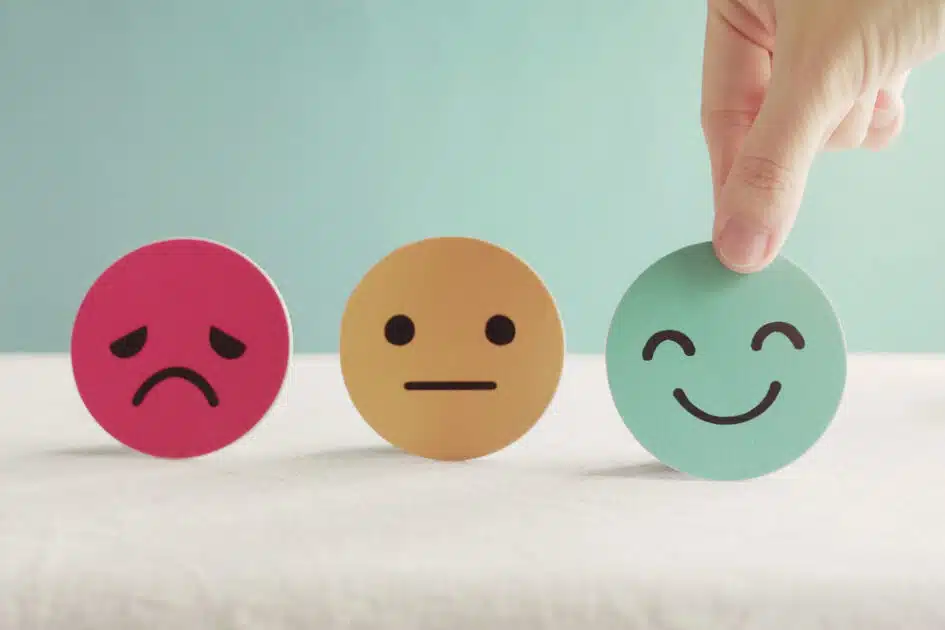
What Is Mental Health:
Broadly speaking the title includes our emotional, psychological, and social well-being. It affects how we think, feel, and act. It also helps determine how we handle stress, relate to others, and make choices.
Mental health is important at every stage of life, from childhood and adolescence through adulthood. Over the course of your life, if you experience mental health problems, your thinking, mood, and behaviour could be affected.
Many factors contribute to mental health problems, including:
- Life experiences: such as trauma or abuse
- Current circumstances: such as stress at school or work, money problems, difficult personal relationships, or problems within your family
- Difficult life experiences: abuse, neglect, or the loss of someone close to you
- Individual factors: coping skills and thinking styles
- Biological factors: family history of mental health difficulties
Issues are common but help is available. People living with associated problems can get better and many recover completely.
Positive Mental Health – Positive mental health allows people to:
- Realise their full potential
- Cope with the stresses of life
- Work productively
- Make meaningful contributions to their communities
Help is available – Ways to maintain positive mental health include:
- Getting professional help if you need it
- Connecting with others
- Staying positive
- Getting physically active
- Helping others
- Getting enough sleep
- Developing coping skills
Myths and Facts on ‘Mental Illness’

Myth: Mental illness is incurable and lifelong:
Fact: With the right kind of help and treated early, most people recover fully and have no further episodes of illness. Although some people become disabled as a result of ongoing complications, many who experience even very major episodes of illness live full and productive lives.
Myth: Mental illness is caused by a personal weakness.
Fact: Living with any illness is not a character flaw. It is caused by a complex interplay of genetic, biological, social and environmental factors.

Myth: People with a mental illness are dangerous.
Fact: Even people with the most severe mental illness, whose symptoms may cause them to act in bizarre or unusual ways, are rarely dangerous
For further information on a range of health issues, the world authority may be of assistance, or you may wish to browse our other helpful articles on a myriad of subjects here at GayFriendly.com
SewCream/Shutterstock





















